For Writers – Jessica Morrell’s Interview of Me for ‘Summer In Words,’ A Writing Conference in Cannon Beach, Oregon
Cathy Lamb writes a lot. And like many authors, she traveled a bumpy path to success. She’ll be talking about those bumps and will be leading an interactive workshop on building characters at Summer in Words.
I first met Cathy years ago when I started teaching writing at local community colleges. I know immediately that she was going to make it because she was mastering the basics like pacing and dialogue, but she also had a sort of “I need to write” gleam in her eyes that is so necessary for those days when the words just don’t jell or something goes awry. Visit her blog here.
Q: You and I talked once about the difficulty of inhabiting a character who is much different from you–say one who like Stevie Barrett in Such a Pretty Facewho has lost 170 pounds or Julia Bennett in Julia’s Chocolates who has been abused. Could you offer some advice on how to imagine fictional people much different than yourself on the page?
A. Can I offer advice on how to imagine fictional people that are completely, wildly, utterly different from myself? Go to Pioneer Courthouse Square and sit there. Watch people, eavesdrop, study people. Or, try the Hawthorne district. Or Washington Square.
Tell stories about others in your head. Pretend you’re them. It’s wild what you can learn about your characters, or use in your characters, by people watching. I can go to downtown Portland and my mind is on fire for days, it’s smokin’ hot. Also, get a journal and write.
Draw a picture of your character, as best you can, then start writing down every little thing about her that comes to your head. Do this with a decaf mocha in your hand from Starbucks. I swear those things make me think better, and I need all the help I can get with this menopausal fuzz in my brain.
Write down what your character likes to do, who she doesn’t like or is threatened by, what she cooks, how she walks, where she lives, how she decorates her home, her idiosyncrasies, habits, worries, write down all the problems she might have had in her life and go deeper and deeper into those problems.
Most often, when people have huge problems as adults, you can pin point things that happened to them as kids that helped this problem take shape. There’s something there. So, in your characters, go for it. Why is this person the way she is? Why does she cry? Why is she so angry? Why does she have a short fuse? Why does she let people walk on her? Why is she a loner? Why is she so scared? Where did her sarcasm come from,? Who hurt her, why did they hurt her? Why hasn’t she set up better boundaries for herself? Why did she just kick box that guy? Why does she drive so fast? What made her start singing outside?
Go into your character’s head and sit there for awhile. Ask her all sorts of questions. Honestly, she will answer back, and then, after you sketch and write and think and think some more, and maybe cry and wail, you will have a character that is completely different from yourself. A really, utterly cool character that you can work and live with for months while you’re writing your novel.
And, just so you know, ALL of my main characters have something of me in them, yep, they do. So put something of yourself in your characters, too.
Q: Could you describe how you make choices about structuring your books? Is it organic, do you make decisions such as where to place flashbacks as you go along?
A. I love that word, organic. I heard it about five years ago in relation to writing books, and it confused the heck out of me and I thought about it endlessly until I understood it. When I found my answer as to why stories must be “organic,” I can’t tell you how much it helped me.
Organic writing means that all of your characters, their issues, their actions, their problems, the flow of your story, the descriptions, the character arcs, they all have to be real to the plot, real to the people. True and honest and sincere. They have to come along with the characters naturally, they must not just arrive as if from Pluto. The author can’t force it, they have to know their characters so well, that the problems that come up, the problems the characters experience are an intrinsic, believable part of their lives.
However. Yes, even though I try to write organically, there is definitely some practical cutting and pasting that goes along with organizing a book. Especially with my book Such A Pretty Face, which was a monster of a book. There was a lot of back and forth between Stevie Barrett’s early childhood, mid – childhood, and adulthood.
I had to hook the reader with what happened to her as a child in the first chapter, then fill in the blanks as the novel progressed, leaving cliff hangers here and there, questions unanswered, and tension as I went. I wanted to feed the back story slowly, carefully, so as not to overwhelm the modern story and to keep the reader reading, and wanting to know what happened in Stevie’s past. I wanted her past, and how I weaved it into her present, to be – here’s the word – “organic” to the book, in that the flashbacks flowed naturally in and out of modern times.
A trick here is transitions. If something in Stevie’s life happens – her own nightmares or flashbacks, then that could be a good time to fill in a bit of back story.
So, it’s organic and it’s practical writing. Both. Blended. Shaken and stirred. A couple of ice cubes….
Q: It seems to be that when writing about the topics you’re drawn to–love, loss, healing, redemption, or finding a place in the word– that it’s necessary to portray finely tuned emotions and emotional subtext. Do you have any tips for would-be authors on how to achieve this?
A: Yes. Take your grief, your loss, your loneliness, your pain, your anger, your frustration, your tears, your hopelessness, your despair, and write some bang up scenes for a book with it. If you’re going to experience all that stuff, ya might as well write about it, right? Also, LISTEN to other people, read the paper, read tons of books, develop deeper relationships, really think about emotions, analyze how different people would feel in different situations, analyze how you would feel.
Some of the best scenes I’ve written, I’ve written after I’ve been upset about one thing or another. You don’t have to be feeling vengeful to write a scene about revenge. However, if you’re feeling ticked off, well, it might be the time to sit down and write that scene where your character is furious and throwing things. Had your heart broken? Write a scene on anger or rage or loss, that brokenness will come out and your writing will feel real. Feeling lonely? Write that lonely scene or write the scene where your character is crying or grieving.
Use your own emotions to enhance and improve your writing and to make your characters more rounded, complex, layered, relatable. Don’t be afraid of dropping your own emotions into your writing, even emotions you have buried for years or decades, your writing will be more sincere and authentic, more touching, if you do so.
Q: How do you manage to mix heart-wrenching scenes and topics along with humor in your stories?
A: Well, some of the scenes in my books are, as you say, heart wrenching. So, to lighten the mood, and to do a switch – back with readers’ emotions, I often deliberately put in a funny scene right afterwards. I don’t want the heart wrenching scenes to become too depressing for the reader. I think both types of scenes drive a book well, and when they’re next to each other, the juxtaposition fuels the storyline and how much a reader will care about your plot and your characters. Plus, it’s life, isn’t it? Some days are beautiful, funny, laugh filled, some days are terrible and filled with tears.
And, sometimes you get both emotions in one day, or one hour. I have readers tell me all the time they laughed and cried reading my books, and I just love to hear that, I really do. Women need to laugh, but women also need a good cry sometimes.
Q: Sushi or pasta?
A: Pasta. Are you kidding? Bring it on. Would someone actually choose sushi over pasta?
Q: What books are on your nightstand?
A: Watermark, The Snow Child, The House of Velvet and Glass, Miracles on the Water.
Q: What’s next for you?
A: I am writing my next novel, due in December, currently hammering out 2000 words a day. I am trying to blog more. I am trying to watch more sunsets, read more books, take more quiet walks, and elevate my day dreaming to new heights.
Q: What is something few people know about you?
Hmmm….well, I have two sisters who know EVERYTHING about me….but let’s see…I would love to have a beautiful garden, but I don’t really like to garden. I am obsessive about my work. Every word must be right, every sentence structure perfect, every character arc detailed, but I am not obsessed with anything else in my life and in no other part of my life am I a raving perfectionist like that. I like to be alone. I have to be alone for a period of time every day so I can think freely or I get real edgy… sorry, no fun secrets to share. My life as a mother of three teenagers/talented bathroom cleaner is quite predictable…
Happy reading to all.
—- Interview by Jessica Morrell

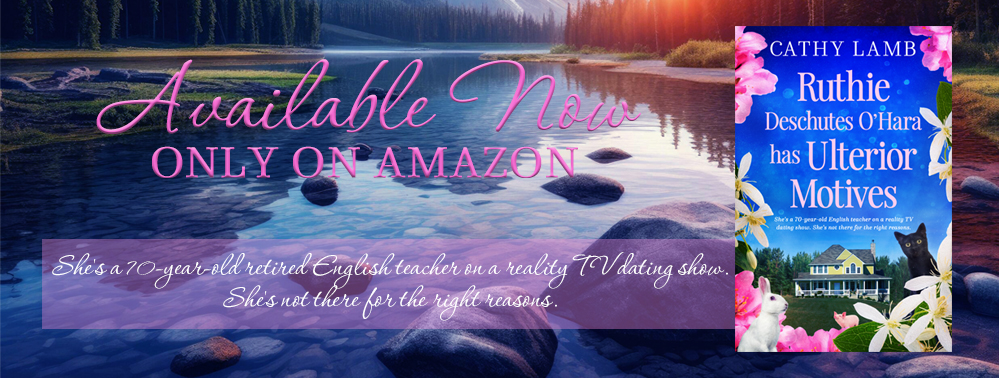
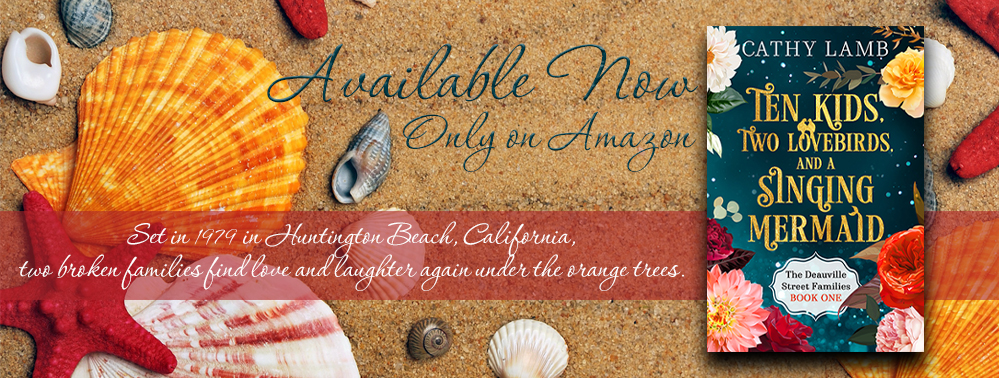






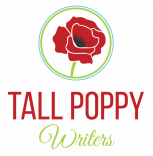
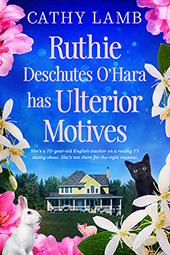
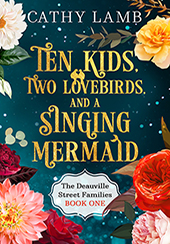
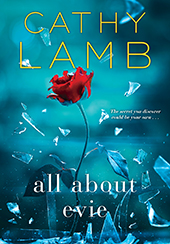
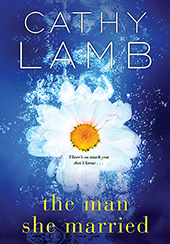
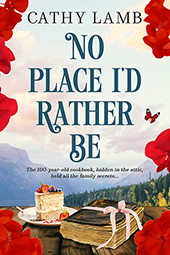
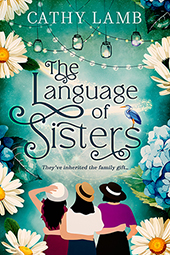
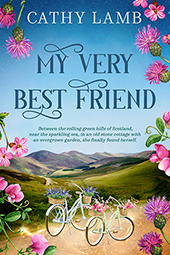
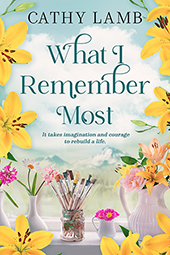
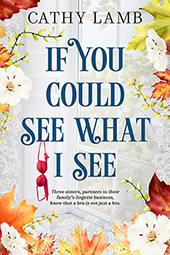
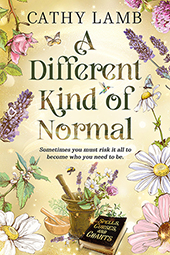
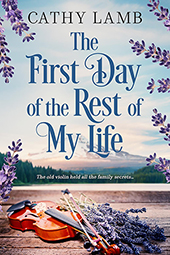
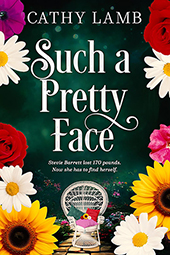
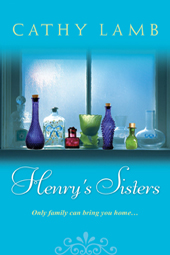
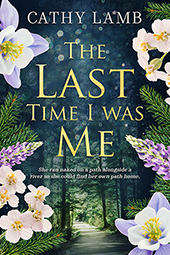
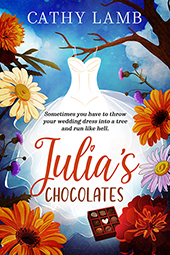

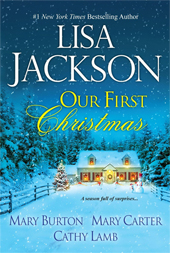
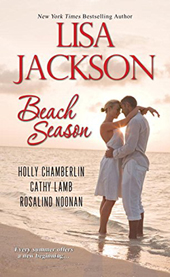
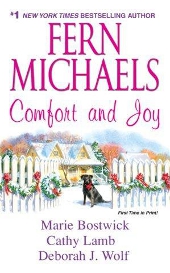
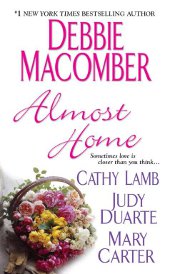
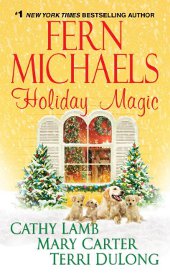

thank you. I loved Julia’s Choclates and gave it to all my friends. They are following you now too. You have given some of my thoughts and emotions the flesh of words and I can be in the same room with them now.
1You have much insight into grief, loss and humor.
Thank you for seeing a different type of normal.
I love your writing, and would write more but I am awestruck.
t
Therese,
2I am so glad you loved Julia’s Chocolates. I loved writing it. Thanks for giving the books to your friends, too. The only problem with having “insight,” as you say above, is that you have to go through all that hard stuff in order to get the insight. Been there. Done that. Not fun, but it does make you stronger.